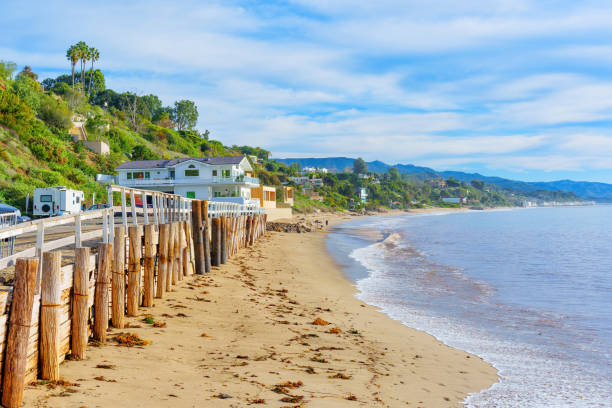Imagine owning a piece of paradise, surrounded by crystal clear waters, pristine white sand beaches, and untouched landscapes. That’s exactly what private island retreats in the Bahamas offer. With their promise of luxury, exclusivity, and serenity, these hidden gems attract billionaires, celebrities, and discerning travelers alike. But there’s another side to these private havens – one that focuses on sustainability, conservation, and supporting local communities. Here’s how private island retreats in the Bahamas are embracing eco-friendliness and contributing to the preservation of our planet’s natural wonders.
Privacy and Exclusivity:
At the heart of the private island lifestyle lies the desire for privacy and exclusivity. For many, owning a private island represents the ultimate status symbol, offering a refuge from the stresses of everyday life and a chance to connect with nature in a meaningful way. These secluded paradises boast luxurious accommodations, top-notch amenities, and personalized service, ensuring that every guest feels like royalty.
Eco-Friendly Retreats:
Eco-friendly retreats on private islands are becoming increasingly popular among environmentally conscious travelers. These exclusive destinations combine luxury and sustainability, offering a chance to immerse oneself in nature while minimizing the ecological footprint. Private island retreats in the Bahamas are leading the charge when it comes to adopting green practices and promoting responsible tourism.
Renewable Energy Sources:
Many private island retreats in the Bahamas rely on renewable energy sources to power their operations. Solar panels, wind turbines, and hydroelectric systems are commonplace, allowing these resorts to reduce their carbon emissions and promote sustainable energy consumption. The Dunmore, a former invitation-only beach club turned full-service resort, is a shining example of this trend, demonstrating that luxury and sustainability can indeed coexist.
Sustainable Design:
In addition to utilizing renewable energy sources, private island retreats in the Bahamas are also focusing on sustainable design. By incorporating eco-conscious principles into their architecture, these resorts blend luxury and nature effortlessly. The result is a harmonious balance between opulent amenities and the surrounding natural environment.
Conservation Efforts:
Preserving the delicate ecosystems found on private islands is crucial for maintaining biodiversity and protecting endangered species. As such, many private island retreats in the Bahamas engage in conservation efforts aimed at safeguarding the environment and promoting sustainable development. These initiatives include habitat restoration, reintroduction of native species, and implementation of sustainable fishing practices, ensuring that future generations can continue to enjoy these pristine paradises.
Supporting Local Communities:
Beyond conservation efforts, private island retreats in the Bahamas also strive to support local communities through sustainable tourism practices. By creating job opportunities, investing in local infrastructure, and engaging with nearby residents, these retreats foster positive relationships with their neighbors and contribute to the overall well-being of the region.
Holistic Approach:
The most successful eco-friendly retreats on private islands are those that adopt a holistic approach to sustainability. By combining renewable energy sources, eco-conscious design, conservation efforts, and community engagement, these retreats create a truly immersive and guilt-free island experience for their guests. Kokomo Private Island in Fiji is a prime example of this comprehensive approach, demonstrating that luxury and sustainability need not be mutually exclusive.
Conclusion:
Private island retreat bahamas offer a unique opportunity to experience the epitome of luxury while minimizing the ecological impact. Through their commitment to sustainability, conservation, and community engagement, these exclusive destinations showcase the potential for responsible tourism and serve as a model for others to follow. By choosing to vacation at these eco-friendly retreats, we can embrace a more conscious way of traveling and contribute to the preservation of our planet’s natural wonders.




